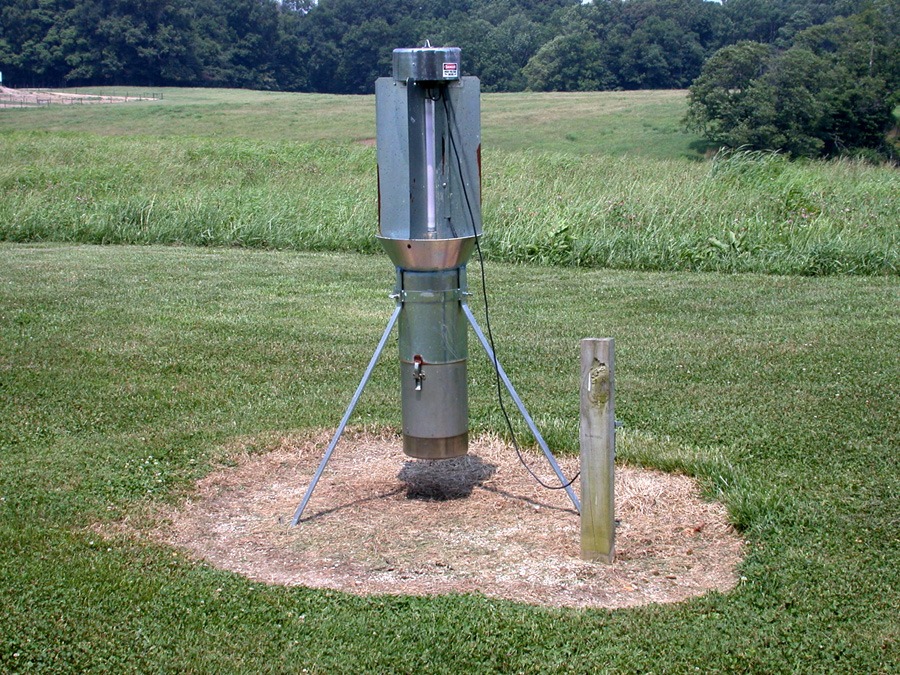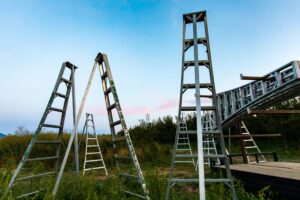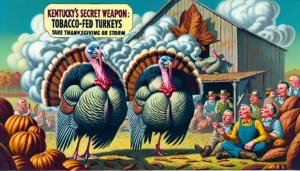
pest monitoring.jpg

Pest Monitoring
Introduction: Pest monitoring is an essential component of integrated pest management (IPM) in agriculture, involving the systematic assessment of pest populations and their impact on crops. By monitoring pest activity and population dynamics, farmers can make informed decisions about pest management strategies and optimize resource allocation for effective pest control.
Importance of Pest Monitoring:
- Early Detection:
- Pest monitoring allows for early detection of pest infestations, enabling timely intervention before pests cause significant damage to crops. Early detection minimizes yield losses and reduces the need for reactive pest control measures.
- Assessment of Pest Pressure:
- Monitoring helps farmers assess the severity of pest pressure in their fields, providing valuable data on pest population densities, distribution patterns, and temporal fluctuations. This information guides the development of pest management plans tailored to specific pest threats.
- Evaluation of Control Measures:
- By regularly monitoring pest populations before and after implementing control measures, farmers can evaluate the effectiveness of their pest management strategies. Monitoring data allow for adjustments in pest control tactics to optimize control efficacy and minimize environmental impacts.
Methods of Pest Monitoring:
- Visual Surveys:
- Traps and Monitoring Devices:
- Various trapping devices, such as pheromone traps, sticky traps, and light traps, are deployed in fields to capture and monitor pest insects. Traps are strategically placed to sample pest populations and provide quantitative data on pest abundance and activity levels.
- Remote Sensing Technologies:
- Remote sensing technologies, including satellite imagery, drones, and unmanned aerial vehicles (UAVs), are used to monitor crop health and detect spatial patterns of pest infestations. Remote sensing data complement ground-based monitoring efforts, providing real-time information on pest distribution and crop stress.
Integration with Pest Management:
- Decision Support Systems:
- Pest monitoring data are integrated into decision support systems (DSS) that provide farmers with actionable recommendations for pest management. DSS consider factors such as pest thresholds, crop phenology, weather conditions, and economic considerations to optimize pest control decisions.
- Predictive Models:
- Statistical and predictive models are developed based on historical monitoring data to forecast pest outbreaks and assess the risk of pest damage to crops. Predictive models help farmers anticipate pest pressure and implement preventive measures proactively.
Benefits of Pest Monitoring:
- Precision Pest Management:
- Pest monitoring enables precision pest management by targeting interventions to areas and times of greatest pest activity. This targeted approach minimizes pesticide use, reduces costs, and minimizes environmental risks.
- Timely Decision-Making:
- Real-time monitoring data provide farmers with timely information to make informed decisions about pest control measures. Rapid response to pest outbreaks improves control efficacy and mitigates crop damage.
- Sustainable Agriculture:
- By facilitating proactive pest management strategies, pest monitoring contributes to sustainable agriculture practices that prioritize environmental stewardship, biodiversity conservation, and long-term crop productivity.
Conclusion: Pest monitoring is a fundamental practice in integrated pest management, allowing farmers to assess pest populations, evaluate pest threats, and implement timely control measures. By integrating pest monitoring data into decision-making processes, farmers can optimize pest control strategies, minimize crop losses, and promote sustainable agriculture practices.
Fall off the barn roof and busted your keister? Life on the farm or ranch can be tough on the bum. Need a break? Laugh it off at FarmerCowboy.com, the #1 farm humor site. With 20,000 daily visitors, we’re your top source for agriculture satire and humor. Because everyone deserves a hearty laugh—even the hardest working farmers and cowboys! Join us and turn those long days into fun tales at FarmerCowboy.com.
Originally posted 2007-01-21 07:28:47.
Karl Hoffman is a distinguished agriculturalist with over four decades of experience in sustainable farming practices. He holds a Ph.D. in Agronomy from Cornell University and has made significant contributions as a professor at Iowa State University. Hoffman’s groundbreaking research on integrated pest management and soil health has revolutionized modern agriculture. As a respected farm journalist, his column “Field Notes with Karl Hoffman” and his blog “The Modern Farmer” provide insightful, practical advice to a global audience. Hoffman’s work with the USDA and the United Nations FAO has enhanced food security worldwide. His awards include the USDA’s Distinguished Service Award and the World Food Prize, reflecting his profound impact on agriculture and sustainability.



